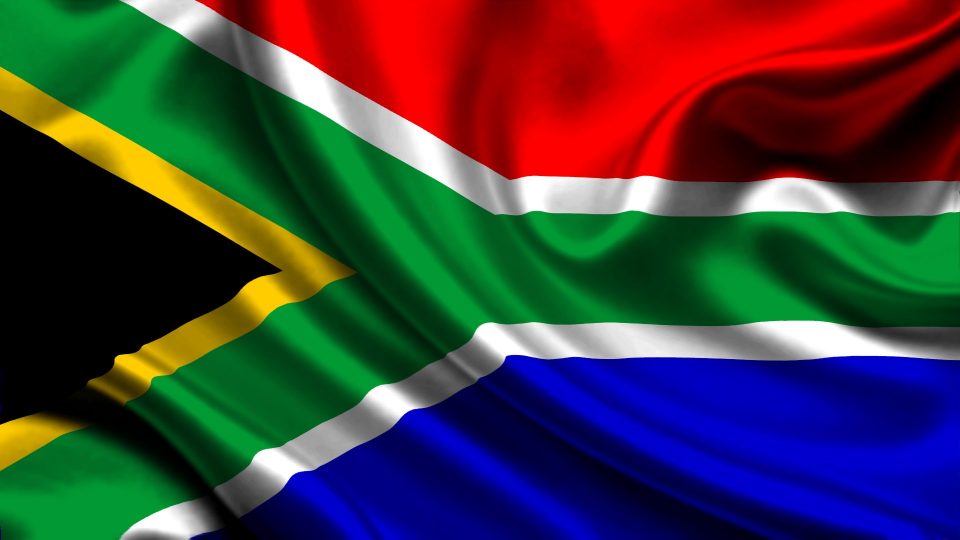
South African Economic Reform likely on Hold until after Election
South African consumers face enormous headwinds in the form of a stubbornly high unemployment rate, VAT at 15% and interest rates on their way up.
Much will, however, be on hold until after the May 2019 election.
“Until then, political jockeying will consume politicians and the electorate alike and attention will be focused on issues such as land expropriation without compensation, service delivery and state capture,” said Ackerman.
“We are unlikely to see any meaningful progress towards economic policy reform until the ANC, and notably President Cyril Ramaphosa, receive a solid mandate from voters to enable government to concentrate on the business of governing.”
Ackerman warned that SA’s official unemployment rate of 27.5% was near “insurmountable”.
“The SA economy retains its extensive structural defects and holds many challenges – from an excessive debt burden, to a floundering power supplier, to almost insurmountable unemployment,” he said.
Sanisha Packirisamy, economist at Momentum Investments, said that the fragile growth of the SA economy reflects policy uncertainty and slow progress on structural reforms to improve the ease of doing business.
Packirisamy pointed out that the SA Reserve Bank hiked interest rates pre-emptively in November 2018 by 25 basis points.
She said that, in the view of Momentum Investments, “in the absence of a faster-than-anticipated normalisation of monetary policy in developed markets or broad-based negative sentiment towards emerging markets, lower growth and in-target inflation should allow for a shallow interest rate hiking cycle of two further interest hikes during 2019 and 2020”.
The SA Reserve Bank has projected just 0.6% real economic growth for 2018, while ratings agency S&P Global expects an increase of 0.8 for the full year.
The IMF (International Monetary Fund) acknowledged that recent reforms announced to tackle corruption, strengthen procurement and eliminate wasteful expenditure were welcome, but it warned that reforms were needed to reduce policy uncertainty, improve efficiency levels at state-owned enterprises, enhance labour market flexibility and improve the level of basic education.
SA is unlikely to see much progress towards economic policy reform unless president Cyril Ramaphosa gets a solid mandate in the election.

